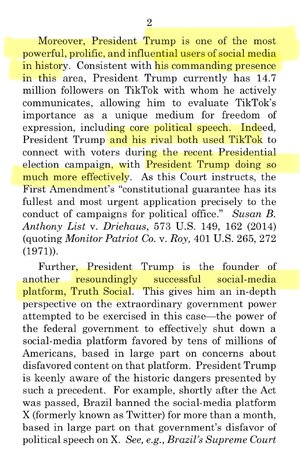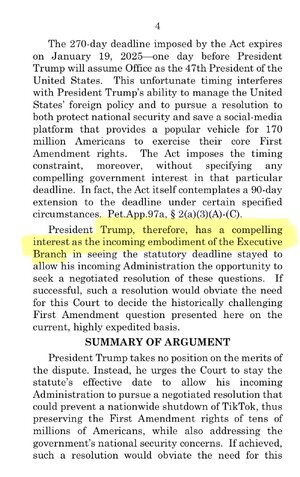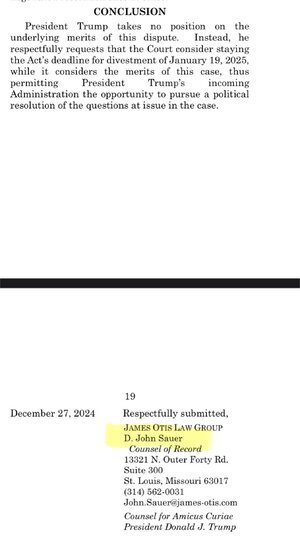- Messages
- 38,938
“The Supreme Court heard arguments on Wednesday in Glossip v. Oklahoma, a death penalty case posing a question so bizarre that its very existence should serve as an indictment for capital punishment: Can courts force a state to execute a possibly innocent prisoner when the state itself doesn’t want to?
Richard Glossip, the petitioner, argues that prosecutors concealed key evidence and allowed false testimony at his trial, securing a wrongful conviction. Oklahoma Attorney General Gentner F. Drummond agrees, supporting Glossip’s quest for a new trial. But the far-right Oklahoma Court of Criminal Appeals ruled against him, and attempted to insulate its ruling from SCOTUS review by asserting that state law bars any further appeals.
Now the Supreme Court must decide whether the lower court successfully thwarted federal reversal—and if not, whether Glossip deserves a new trial that complies with the Constitution.
… Thomas sought to recast Smothermon and Ackley as innocent victims of a smear campaign. He immediately asked Seth Waxman, Glossip’s lawyer: “Did you at any point get a statement from either one of the prosecutors?”
Waxman told him that he did, in fact, get a sworn statement from Ackley, and that Smothermon was interviewed by an independent counsel appointed by Drummond. So yes: Both prosecutors provided statements.
Yet Thomas persisted as if they hadn’t. “It would seem that because not only their reputations are being impugned, but they are central to this case—it would seem that an interview of these two prosecutors would be central.”
Waxman protested that, again, both prosecutors were given an opportunity to tell their side of the story.
And again, Thomas refused to accept it: “They suggest,” the justice said, “that they were not sought out and given an opportunity to give detailed accounts of what those notes meant.”
… [again] Thomas made the same baseless accusation. “Shouldn’t these two prosecutors—it seems as though their reputations are being impugned,” Thomas told Clement, “and according to them, they did not receive an opportunity to explain in depth.”
Clement responded that “that’s hard to square with the record here.”
He pointed out that, on top of Drummond’s probe, the Oklahoma Legislature commissioned its own probeof the case, during which Smothermon and Ackley were interviewed.
… This back-and-forth dragged on, with the justice refusing to accept reality.
“Why wouldn’t they be interviewed?” he asked Clement again. “Why don’t we have materials from them other than in an amicus brief in this case?”
Clement could only restate the fact: “Well, with respect, Justice Thomas,” he said, “you do have materials from them.”
Thomas just wouldn’t hear it: “What are we to do with the point that they make that they were frozen out of the process?” he asked.
An exasperated Clement only continued pointing the justice toward the prosecutors’ own statements. …”







